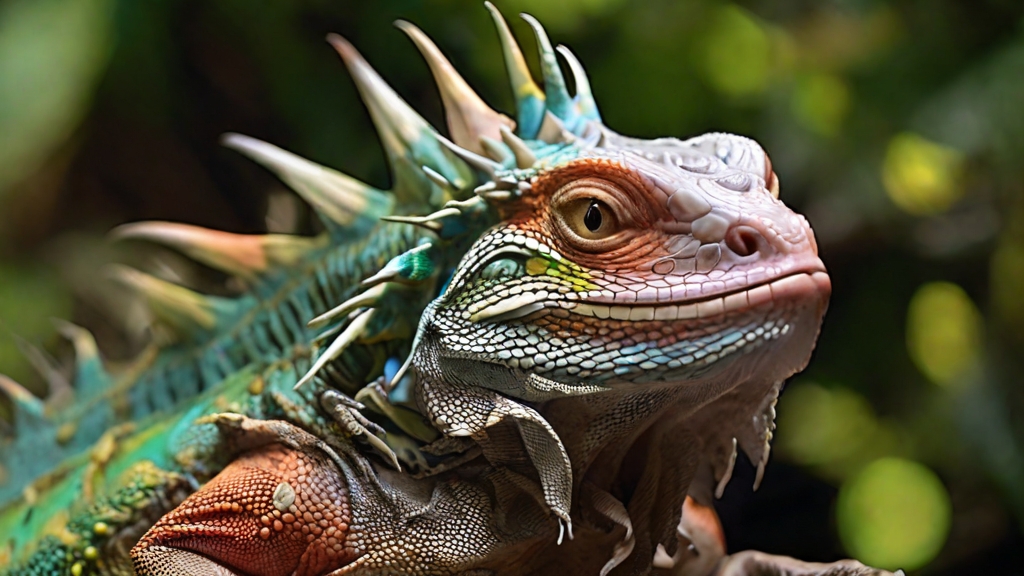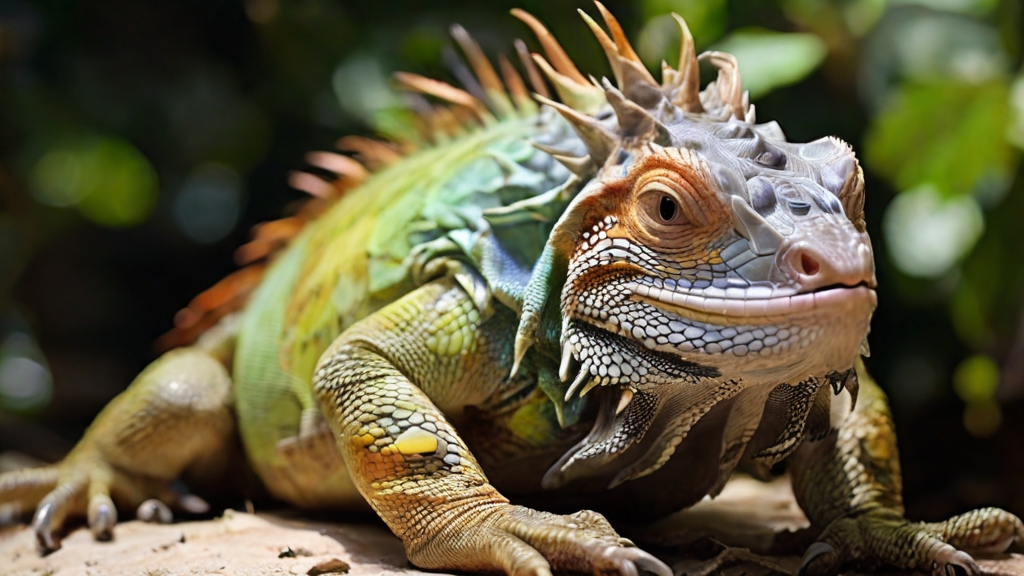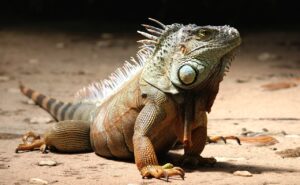Iguanas are becoming increasingly popular pets due to their unique appearance and generally docile nature. They are commonly found in Central and South America and require special care to remain healthy in captivity. One of the most important aspects of iguana care is ensuring they have a proper diet.
Why is a proper diet important for iguanas?
A proper diet is vital for iguanas to maintain their health and well-being in captivity. Improper nutrition can lead to a range of health issues, including metabolic bone disease, obesity, and gastrointestinal problems. By providing a balanced and varied diet, iguanas can thrive in captive environments and live long, healthy lives.
What Do Iguanas Eat?
Understanding iguana dietary needs
Iguanas are herbivores and require a diet rich in fiber, vitamins, and minerals. Their natural diet consists of a variety of fruits, vegetables, and leafy greens. It is important to replicate this diet in captivity to ensure they receive all the essential nutrients they need.
List of recommended food items for iguanas
Some recommended food items for iguanas include leafy greens like collard greens, dandelion greens, and kale, as well as fruits like mangoes, papayas, and strawberries. Vegetables like squash, sweet potatoes, and carrots are also good options. It is important to avoid feeding iguanas foods high in oxalates, like spinach and rhubarb, as well as foods high in phosphorus, like beans and peas.
Foods to avoid or limit in an iguana diet
Iguanas should not be fed animal-based protein, as they are not designed to digest it. Additionally, foods high in fat or sugar should be avoided or limited. This includes processed foods, bread, and dairy products.
Iguana Feeding Habits
How often should you feed your iguana?
Iguanas should be fed daily, with a variety of fresh foods offered at each feeding. Adult iguanas can be fed once or twice a day, while younger iguanas may require more frequent feedings.
How much should you feed your iguana?
The amount of food an iguana needs varies based on their age, size, and activity level. As a general rule, iguanas should be fed a quantity of food that is approximately the size of their head.
Tips for feeding your iguana
To ensure your iguana receives a well-balanced diet, it is important to offer a variety of foods at each feeding. Additionally, all food should be washed and cut into small, manageable pieces. It is important to provide fresh water at all times and to remove any uneaten food from the enclosure to prevent spoilage.
Conclusion
A well-balanced and varied diet is essential for the health of captive iguanas. Recommended food items include leafy greens, fruits, and vegetables, while animal-based protein and foods high in fat or sugar should be avoided or limited. Iguanas should be fed daily, with the amount of food varying based on age, size, and activity level.
Importance of a well-balanced diet for iguanas
Proper nutrition is essential for the health and well-being of captive iguanas. By providing a well-balanced and varied diet, iguanas can thrive in captivity and live long, healthy lives.
Final thoughts and recommendations
When it comes to feeding your iguana, it is important to do your research and consult with a veterinarian or experienced iguana owner to ensure you are providing them with the proper nutrition. By following these guidelines and offering a balanced and varied diet, you can ensure your iguana stays healthy and happy in captivity.




